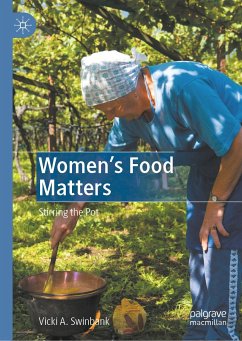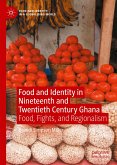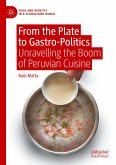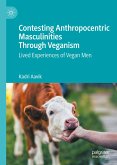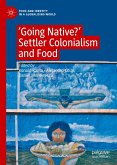"Radical feminism has just taken its long-awaited seat at the food studies table. In Women's Food Matters, Vicki Swinbank reminds us that women's inter-generational food knowledge-its production, preparation and consumption-is at the heart of most food cultures. Women's Food Matters is consistently engaging, informative and persuasively argued, both taking us back to the wonderful memories of being in grandma's kitchen, and into the diverse and widely-politicised world of the global food system." Natalie Jovanovski, Lecturer and DECRA Research Fellow, The University of Melbourne, Australia
This book details how women have always been inextricably linked to food, especially in its production and preparation. This link, which applies cross-culturally, has seldom been fully acknowledged or celebrated. The role of women in this is usually taken for granted and therefore often rendered unimportant or invisible. This book presents a wide-ranging, interdisciplinary and comprehensive feminist analysis of women's central role in many aspects of the world's food systems and cultures. This central role is examined through a range of lenses, namely cross-cultural, intergenerational, and socially diverse.
This book will be of value to scholars in gender studies, sociology, anthropology, and food studies.
Vicki Swinbank is an independent researcher and writer. She obtained a PhD in 2008 from the University of Melbourne, Australia. Her research interests focus on feminist politics and food issues. She has published on issues including food entitlement as a human right; the debate within feminism on vegetarianism; the sexual politics of cooking; and food and migrant identity.
Dieser Download kann aus rechtlichen Gründen nur mit Rechnungsadresse in A, B, BG, CY, CZ, D, DK, EW, E, FIN, F, GR, HR, H, IRL, I, LT, L, LR, M, NL, PL, P, R, S, SLO, SK ausgeliefert werden.

